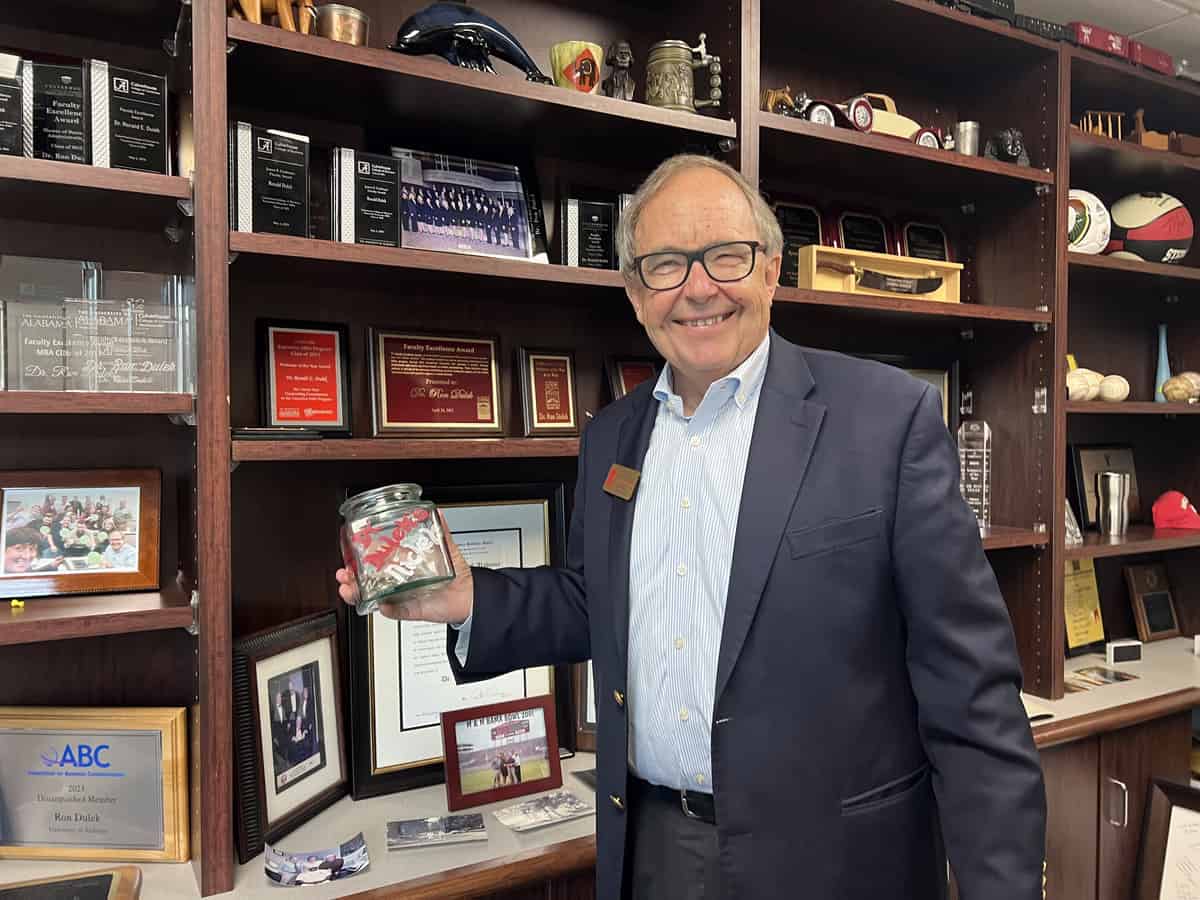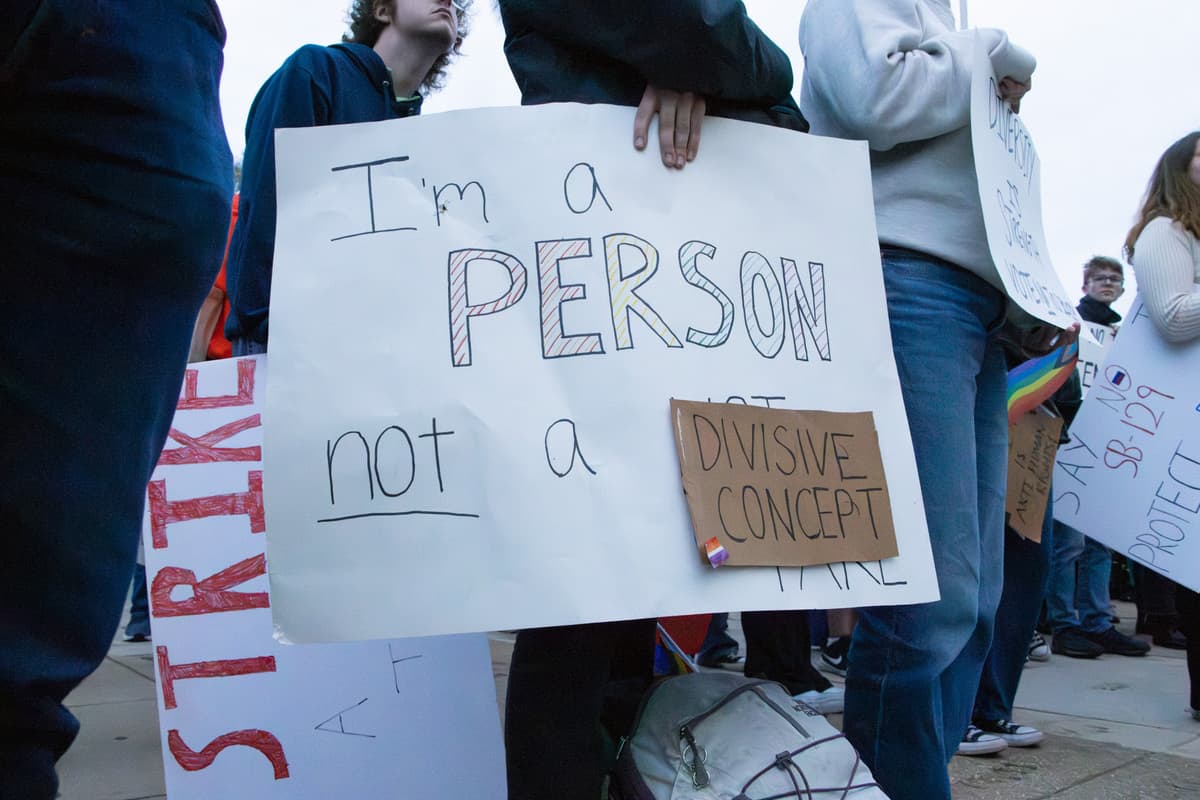Every other Thursday evening, the Alabama Alliance for Sexual and Reproductive Justice meets to talk about sex. Called Dirty Thursday, these meetings are part of a discussion series on sexuality to discuss topics typically misaligned, misrepresented or ignored in the mainstream. The discussions run the gamut from “Sex Ed 101” to porn. Nothing’s off-limits. One moment, it’s about different brands of condoms and the next, how race affects sexual and gender expression. There are only three rules: no shaming, no judging and respect each other’s privacy.
Despite the risqué content, Dirty Thursday is the most positive space some of us have ever encountered, not only in college but in general. For a couple of hours, we can freely share stories about awkward sexual encounters and argue who’s the better candidate for friends-with-benefits, the close friend or the casual acquaintance. Even more importantly, we talk about how to navigate consent, what that might look like in any particular situation, how respectability politics affects the sexual opportunities for women of color, and about whether hook-up culture is a myth. Regardless of how highbrow or low-key the conversation may be, every bit of it is important.
We live in a society that shames sexuality. We’re taught that it’s innately corrupt, that it’s a commodity, that sexual agency is the sole domain of white, cisgender, heterosexual men. We demonize it through abstinence-only “education.” We defund Planned Parenthood clinics, which provide much-needed privacy and affordable sexual health care to minors and young adults. We throw around slurs, fat-shame and talk about how miniskirts are “asking for it.” And in the next breath, we take away the little agency people have by objectifying women in every medium possible, blaming them if they aren’t completely sexually available to men at all times in all ways and blaming them again if they say no.
When those attitudes and value systems are in place, sexuality, by default, becomes something to be ashamed of. When we make sexuality out to be dangerous, it becomes dangerous. If no one knows how to safely express their sexuality, then sexuality won’t be safely expressed. When female sexuality is either the Madonna or the whore, there’s no space for a woman to make her own sexual decisions.When we denigrate the sexualities of people of color, we perpetuate a system that has historically exploited them. When queer sexuality is criticized, we not only unjustly privilege heteronormative sexualities, but also create a strict boundary around that which prevents non-queer persons from exploring their own sexual identities. When we decide sex belongs only within a monogamous, heterosexual marriage in the image of white upper-class Westerners, we cause undue stress on those who find themselves outside of those bounds either by choice or circumstance.
So normalize sex. Question everything we’ve been told is good about sex and everything that’s supposedly bad about it. Blush and stammer your way through discussions about it, but for the love of everything, discuss it. When we stop treating sex as something to be afraid of and as the ultimate measure of someone’s worth, it really does become a beautiful thing.
Samaria Johnson is a junior majoring in history and the president of the Alabama Alliance for Sexual and Reproductive Justice. Her column runs biweekly .






